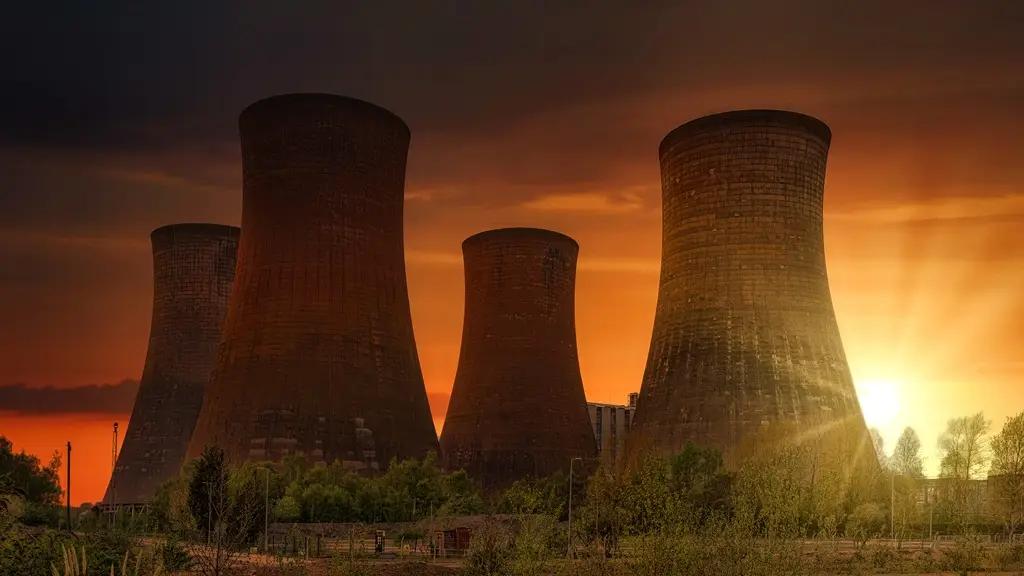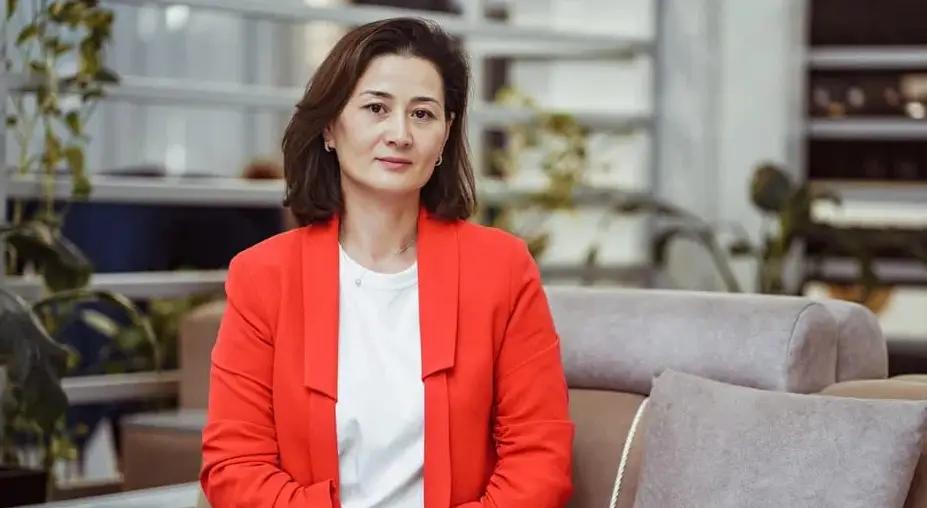
Published
11/18/2025, 12:03The Ambassador of Kyrgyzstan to Germany, Omurbek Tekebaev, published a post on his Facebook page in which he explicitly stated the need for the construction of a nuclear power plant in the country.
Tekebaev noted that uranium is the only energy resource that has avoided Western sanctions against Russia. This underscores its exceptional geo-energetic status. Even during the most tense period, Russia has continued supplying the United States with low-enriched uranium.
“The one who controls uranium will control the energy future of the 21st century,” — the diplomat wrote.
In his post, the ambassador draws attention to the paradox that the region, which holds the world’s largest uranium reserves — from Kazakhstan to Kyrgyzstan — does not have a single operating nuclear power plant.
According to Tekebaev, exporting uranium in raw form deprives countries of:
Tekebaev emphasizes that Kyrgyzstan has been living under the pressure of seasonal energy shortages for several years. The hydropower plants that sustain the energy system are becoming increasingly unpredictable, as production drops by 20–30% in winter, and climate variability makes planning ever more difficult.
According to him, solar and wind energy are unable to provide the country with stable base-load capacity during the winter period.
The ambassador cites the 2022 European crisis as an example, when France, thanks to its nuclear sector, managed to keep tariffs stable and became an energy exporter, while Germany faced pressure from rising gas prices.
According to him, a nuclear power plant for Kyrgyzstan would provide:
Tekebaev considers small modular (SMRs) nuclear power plants with a capacity of 300–500 MW to be the most realistic solution — a safe option for mountainous, seismically active regions and for small energy systems.
According to him, the modular format allows the plant to be built in stages, without placing a critical burden on the budget, and to compensate for the winter drop in hydropower generation.
Particular interest lies in the ambassador’s geopolitical emphasis, as he frames the discussion of nuclear energy beyond the usual energy discourse.
“Kazakhstan, Uzbekistan, and Kyrgyzstan view nuclear power plants as an opportunity to enter the nuclear-technological civilization and secure a place among the countries shaping the global energy architecture of the future,” — Tekebaev asserts.


